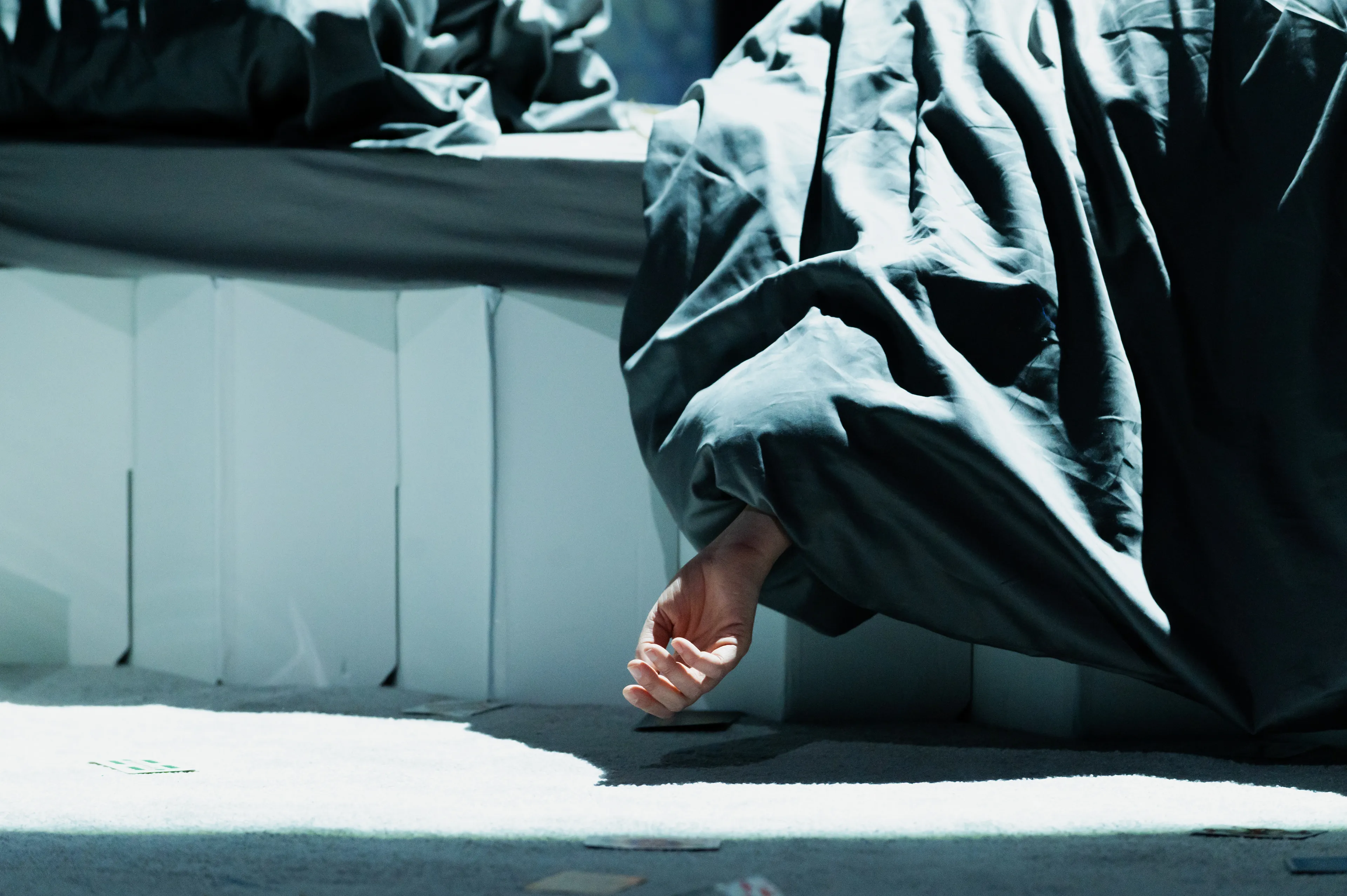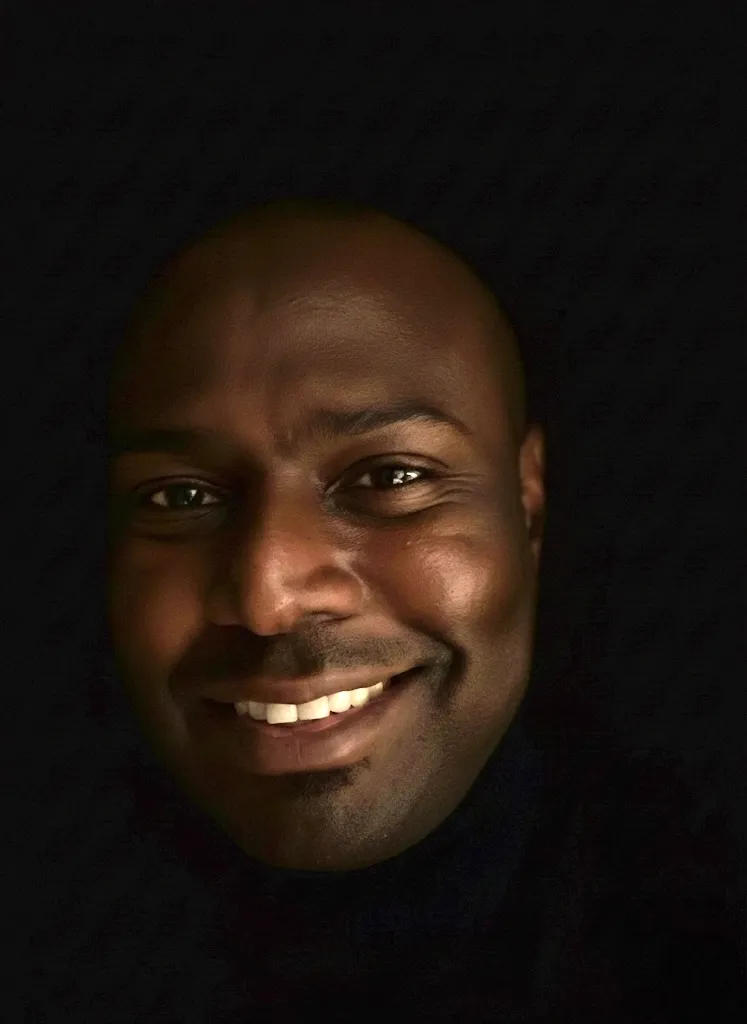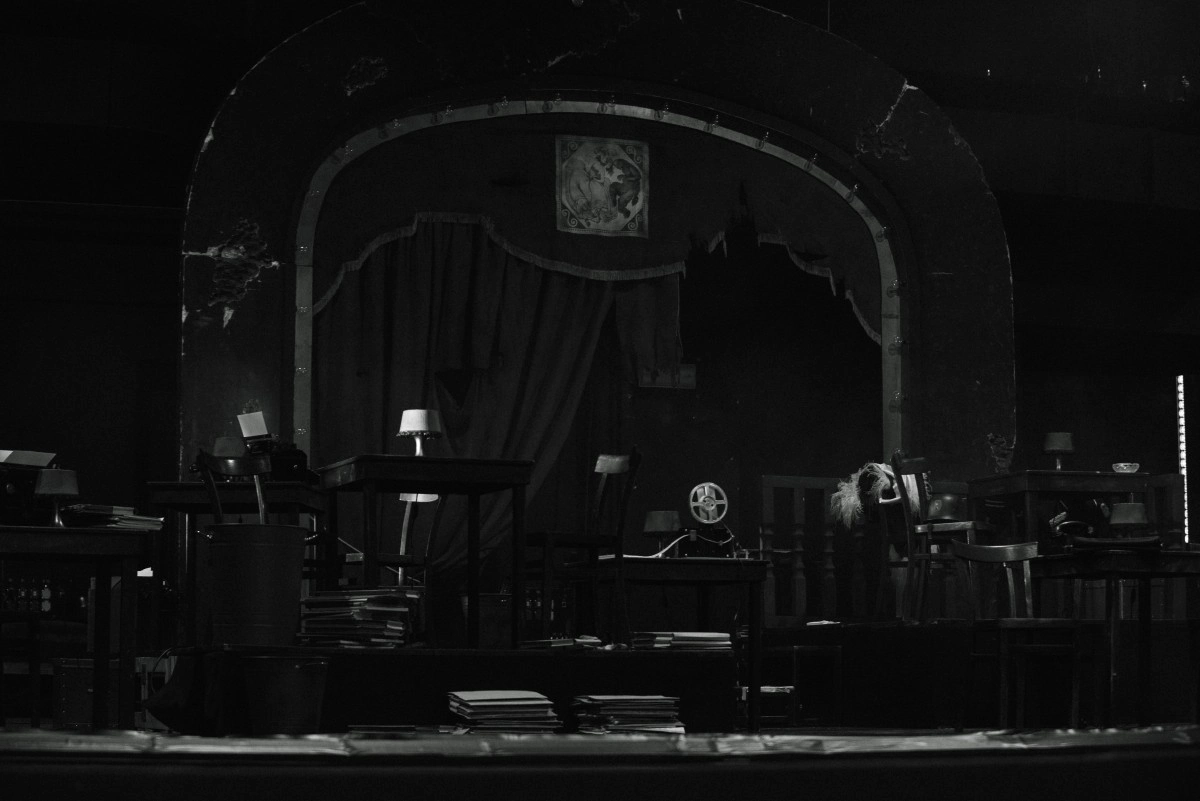José Cortes's The Answering Machine opens like a confessional whispered into the dark.
It invites us into the quiet ache of a life once filled with applause— a German opera
singer, trapped between the grandeur of her art and the silence of her home. What
follows is not merely a film, but a recital of vulnerability, an aria of pain, and,
ultimately, a reclamation of self.
The premise is deceptively simple: a woman, haunted by expectation. The expectations
of her family. The demands of the opera world. The
unrelenting standard she has built within herself. And yet, in the stillness of her
domestic solitude, something unravels -and something else begins to mend. Cortes
films this transformation with intimacy. The camerawork is assured, the editing taut.
Each cut lands like a breath between phrases of music. Yet there is an unmistakable
theatrical quality to it all-The Answering Machine often feels like a filmed monodrama,
a
stage performance translated into cinema. This isn't a flaw so much as a choice; the
boundaries between theatre and film blur, creating a hybrid space where performance
and confession become one. At the center of it all stands Ivon Mateljan, and she is
extraordinary. Her singing is exquisite, but it's her silence that devastates. She wears
her
fragility like an aria - controlled, expressive, utterly human. The camera adores her
not
for her perfection, but for her willingness to crumble before it. Few performances dare
to
be this naked.
What begins as a story of failure becomes something far more resonant: the courage to
start again. Cortés doesn't offer easy catharsis or melodrama. Instead, he gives us a
portrait of quiet reinvention, where art becomes a mirror for pain-and a passage through
it. By the end, The Answering Machine leaves us not with applause, but with a kind of
reverent silence. The performance is over, but the echo remains.
(
aus dem Englischen übersetzt)
José Cortés’ The Answering Machine beginnt wie ein ins Dunkel geflüstertes Geständnis.
Er lädt uns ein in den stillen
Schmerz eines einst vom Applaus erfüllten Lebens – eine deutsche Opernsängerin, gefangen
zwischen der Größe ihrer Kunst
und der Stille ihres Zuhauses. Was folgt, ist nicht nur ein Film, sondern eine Erzählung
von Verletzlichkeit, eine Arie
des Schmerzes und letztlich ein Akt der Selbstbehauptung.
Das Ausgangsszenario ist trügerisch einfach: eine Frau, heimgesucht von Erwartungen. Die
Erwartungen ihrer Familie. Die
Anforderungen der Opernwelt. Der unerbittliche Maßstab, den sie in sich selbst errichtet
hat. Und doch – in der Stille
ihrer häuslichen Einsamkeit – beginnt sich etwas zu lösen. Und etwas anderes beginnt zu
heilen. Cortés filmt diesen
Wandlungsprozess mit großer Intimität. Die Kameraführung ist souverän, der Schnitt
präzise. Jeder Schnitt wirkt wie ein
Atemzug zwischen musikalischen Phrasen. Zugleich hat das Ganze eine unverkennbare
Theatralik – The Answering Machine
fühlt sich oft an wie ein gefilmtes Monodrama, eine Bühnenperformance, übersetzt für das
Kino. Das ist kein Mangel
sondern eine bewusste Entscheidung; die Grenzen zwischen Theater und Film verschwimmen,
es entsteht ein hybrider Raum,
in dem Performance und Bekenntnis eins werden. Im Zentrum steht Ivon Mateljan – und sie
ist außergewöhnlich. Ihr Gesang
ist exquisit, doch es ist ihr Schweigen, das erschüttert. Sie trägt ihre
Zerbrechlichkeit wie eine Arie – kontrolliert,
ausdrucksstark, zutiefst menschlich. Die Kamera liebt sie nicht für ihre Perfektion,
sondern wegen ihrer Bereitschaft,
vor ihr zu zerbrechen. Wenige Darstellungen wagen sich an diese Nacktheit.
Was als Geschichte des Scheiterns beginnt, wird zu etwas viel Tieferem: dem Mut, neu zu
beginnen. Cortés bietet keine
einfache Katharsis oder Melodramatik. Stattdessen schenkt er uns ein stilles Porträt der
Neuerfindung- wo Kunst zum
Spiegel des Schmerzes wird, und zu einem Weg hindurch. Am Ende hinterlässt The Answering
Machine keinen Applaus, sondern
eine Art ehrfürchtiges Schweigen. Die Vorstellung ist vorbei, doch der Nachhall bleibt.



